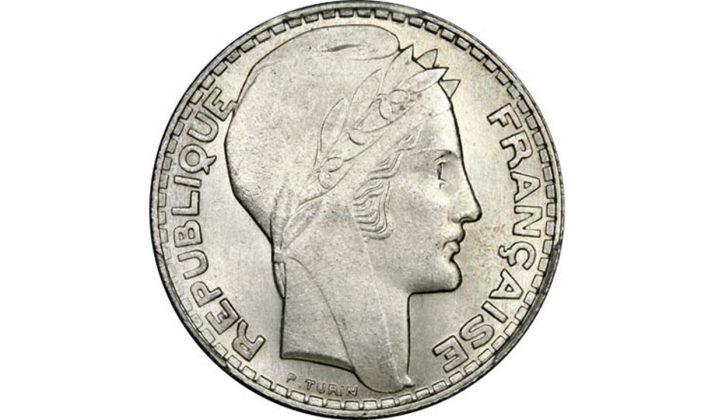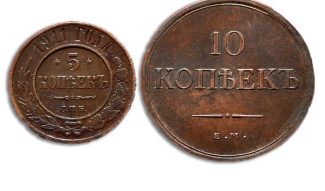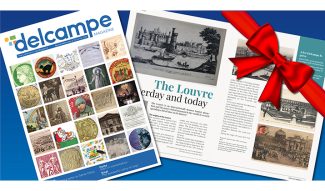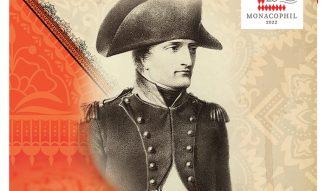Two questions always seem to come up when talking about coins a.k.a. numismatics, whether they are asked by the curious or the more informed: how and why do you start a coin collection? It must be expensive, right? how and why do you start a coin collection? It must be expensive, right?
X.Bourbon, Ph. Théret, L. Schmitt
In fact, there are as many collections as there are ways of collecting. This is true for all fields and numismatics is no exception. Numismatics is subdivided into thousands of specialised fields (spread over 2,500 years of world history) and it is hard to know at the outset which one will be the most fascinating, which will give the most pleasure, and feed your curiosity. Many people start a collection because they stumbled upon an old box in a drawer, a dark cellar or a dusty attic, revealing what at first glance seems to be a treasure… Oftentimes, the first questions are then “what is this?”, “where did it come from?” and “how much is it worth?” So you just got your hands on what was left in your grandpa’s purse … the one everyone had forgotten about! …and you’ve just cracked open a door to a story.

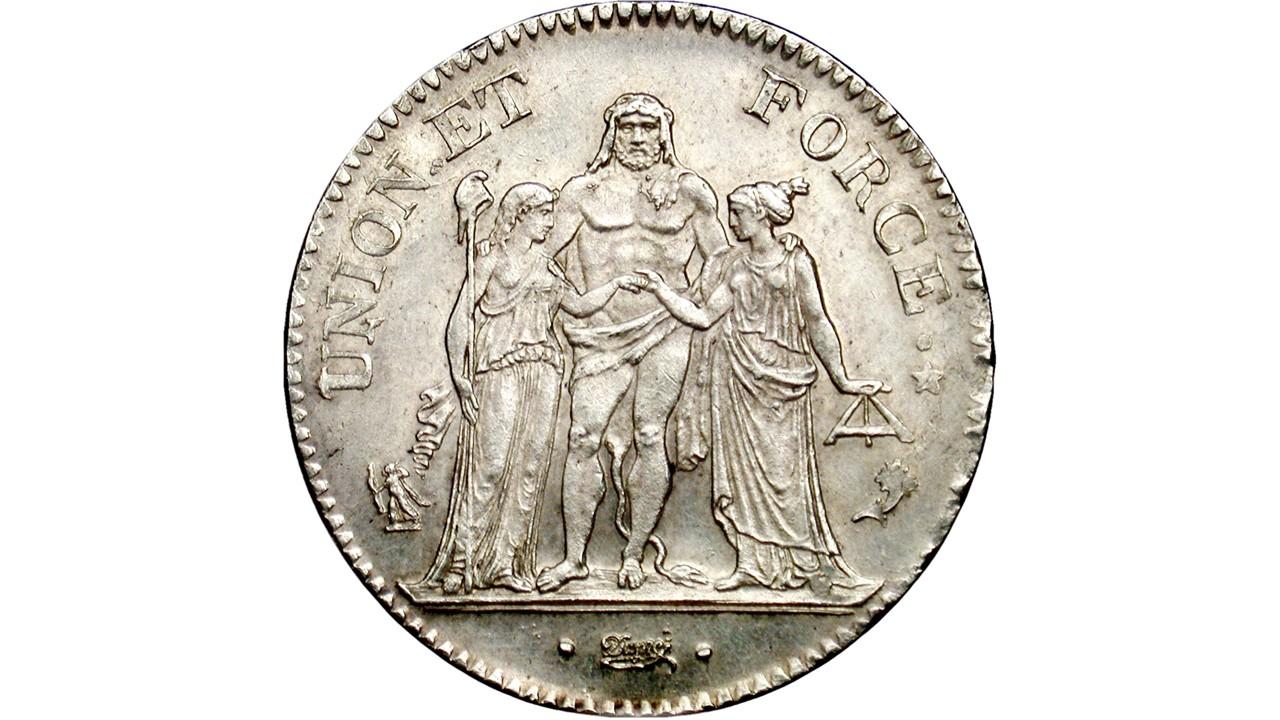
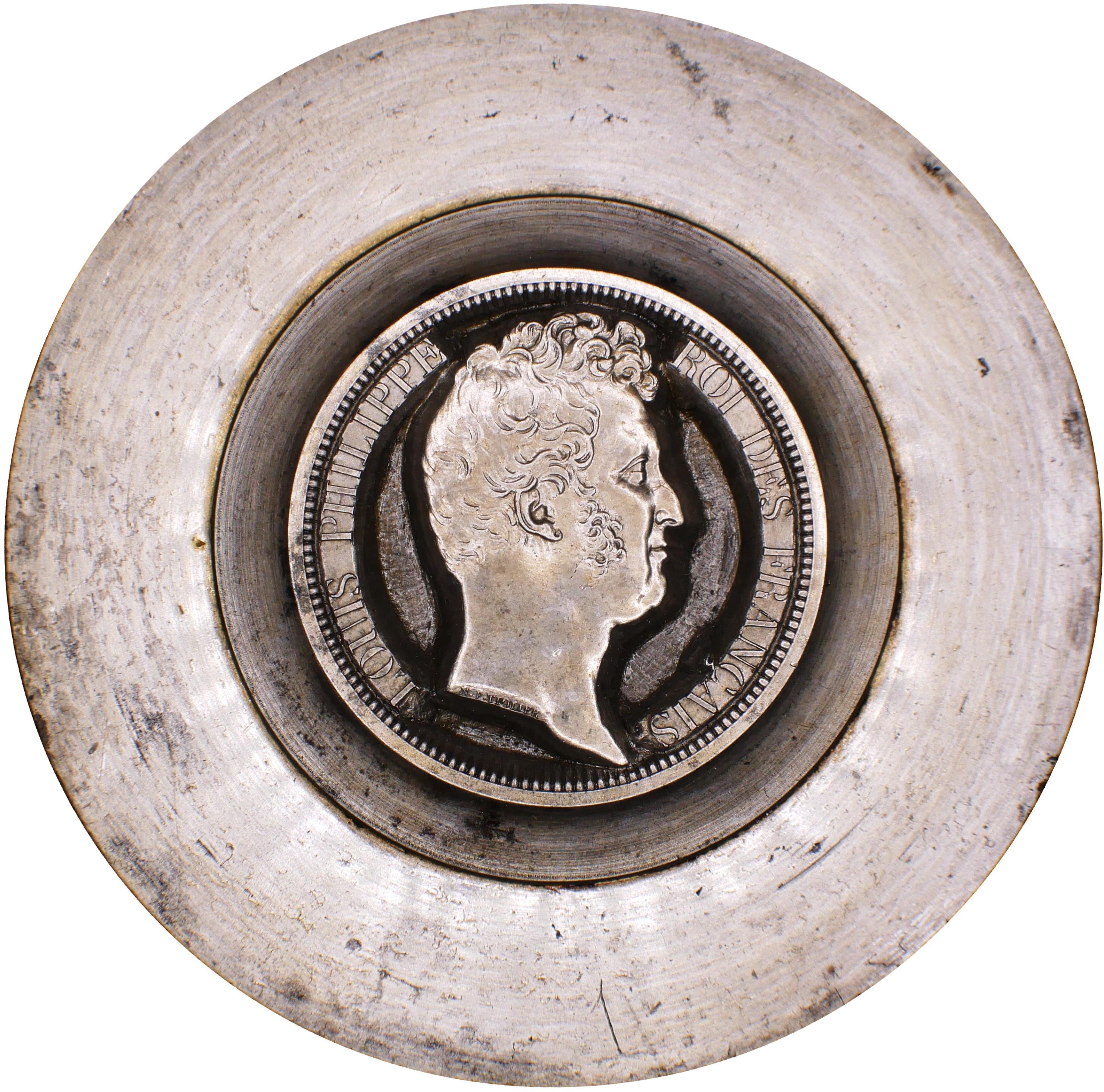
Once you have made your mind up to keep them, and to afford them their rightful place in numismatics, the natural next step is to find out what they are. This highlights a key “success” point: getting information. Starting out blindly with no idea where you’re headed is the best way to make a mistake and to give up quickly out of spite.
Knowing what you have requires consultation, which can take several forms: visiting a professional coin specialist, or numismatist (on the web or face-to-face to ask questions), searching for numismatic books to buy or read in a library. Depending on whether your research reveals that your coins, albeit historically interesting, are
neither rare nor expensive or, in contrast that you have just found the coins stolen from the French Bibliothèque Nationale in 1831 which were thought to have been melted down, the consequences will be very different for the future of your collection.
If your coins, as is almost always the case, do not have a high market value, you at least now know where they fit in history, and can identify their relatives.
It also lets you know what you need if, for instance, you want to collect one coin of each type, period by period. If you are not looking for exceptional conservations or rare variants, then for a very reasonable budget, you can set out on a large board of three hundred or so squares all that our immediate ancestors had in their pockets, fob pockets and other purses, from the French Revolution to the changeover to the Euro… in other words a history spanning some 220 years.
Mais il est difficile de savoir de prime abord ce qui vous fera vibrer, ce qui va exciter votre curiosité et de l’antiquité à notre histoire présente, les domaines peuvent être très variés et couvrent une infinité de périodes et de possibilités. Les monnaies que vous avez trouvées ont une particularité ?…
However, it is difficult to know at first what will thrill you, what will pique your curiosity and from antiquity to the present day, the fields can be very varied, covering an infinity of periods and possibilities. Is there anything special about the coins you found? Consult books, look around to get an idea; talk to experienced or professional numismatists -some will be more forthcoming than others and provide you with leads; you can ask them honestly for advice. Ask them what they personally collect, or even ‘how’ they collect. Reflect on your personal experience, the region you come from, your job, your family, the historical places that mean something to you or that you love… and things will take shape until a core collection appears. Another key point is to know what these currencies are, what exists and what does not, what is common and what is out of the ordinary. This is done through discussion, and a lot of reading. There are often as many (or more) books as there are coins in a numismatist’s shop.
For modern French coins, a book such as “Le Franc, les monnaies, les archives” (‘the Franc, currencies, archives’) covers the whole modern period of the Franc, from
the French Revolution to the transition to the decimal system, and onward to the switch to the Euro, providing effective guidance and information. A wealth of literature exists on virtually all coinage and periods. Sales catalogues are also a mine of information. Never think that buying a book instead of a coin is a mistake! The book is often what will help you to hit the jackpot next time.
Once your core collection has been established, so begins a long road. Look time and again at your currencies, and compare them with what is available. The web is now a window to a wealth of information. Go to professional numismatists and find out if what you are interested in is readily available or not (just because coins are cheap, that doesn’t mean they are readily available).
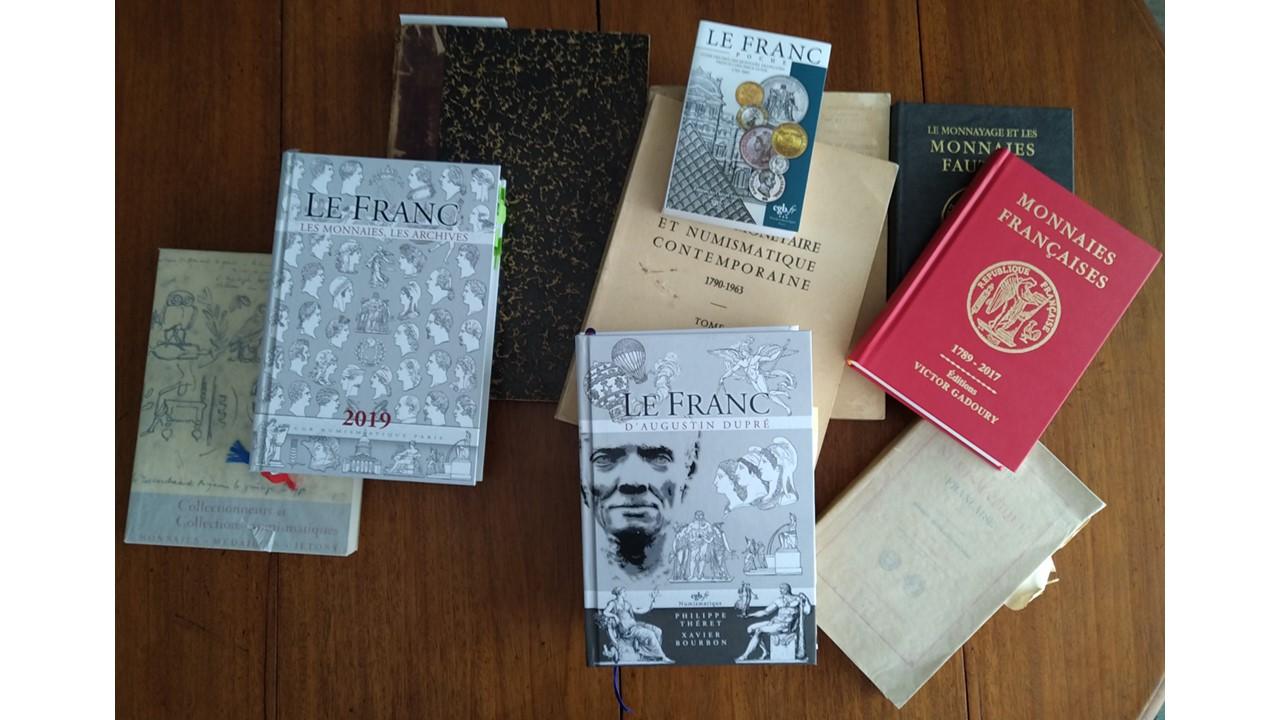
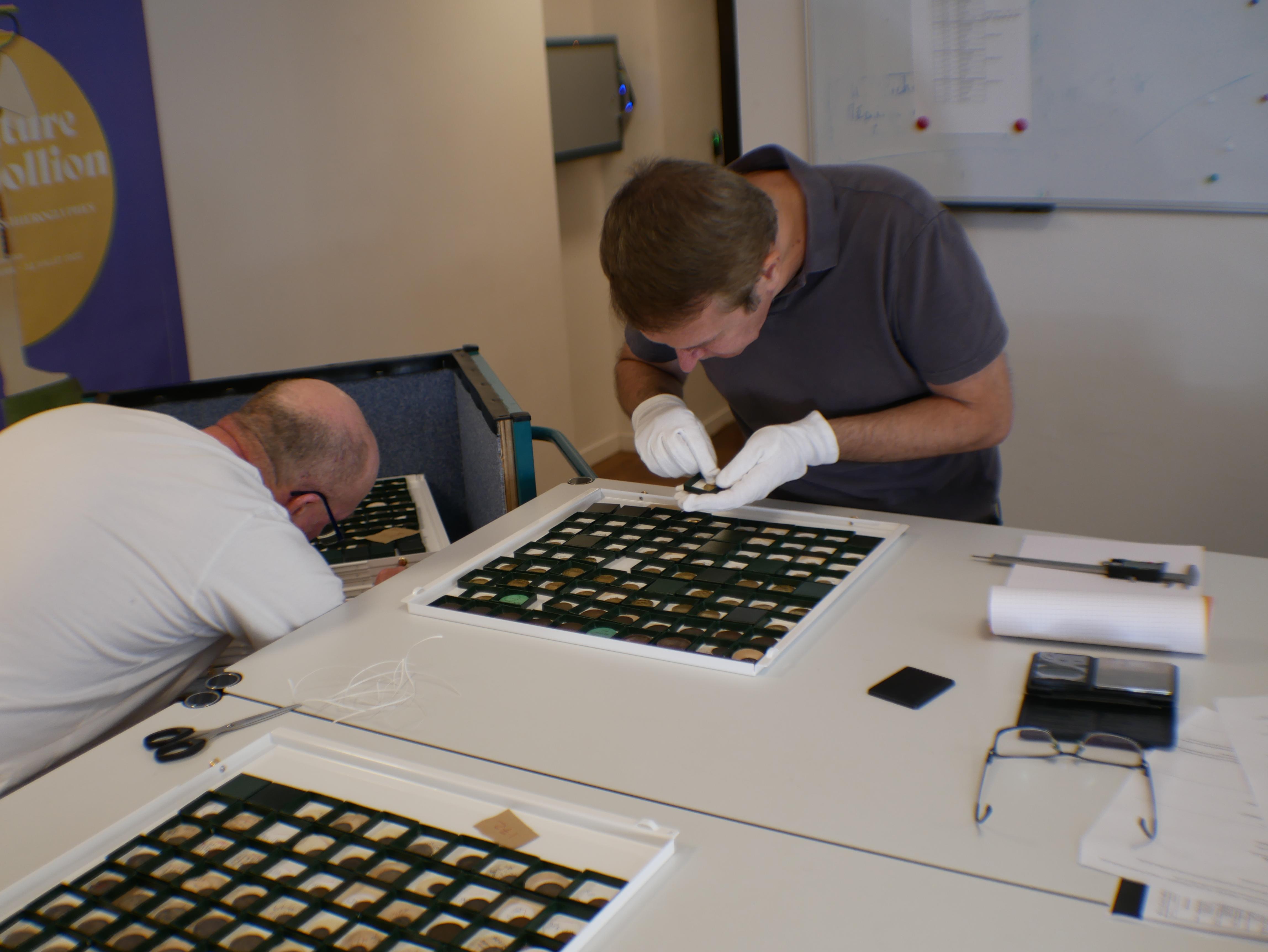
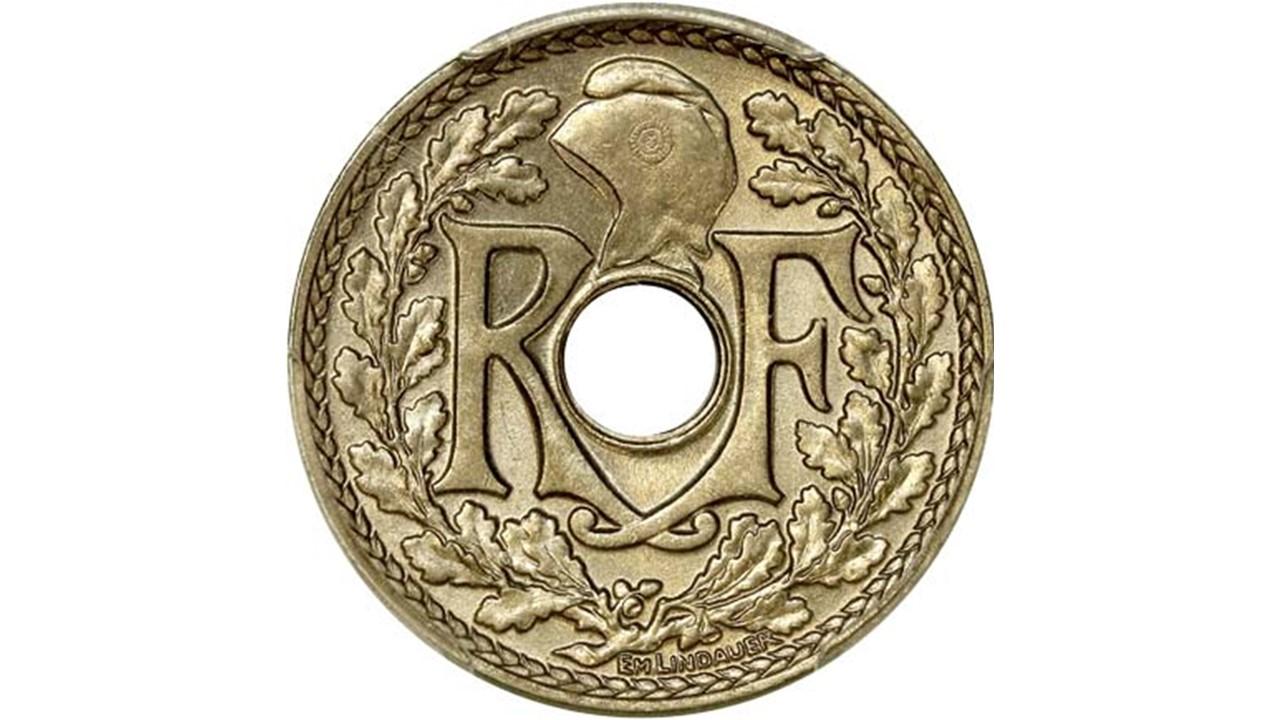
Even if the temptation is great, do not buy anything expensive for several months! Look around, make comparisons, take a good look before you make a decision that you might come to regret.
Many professional websites can today be found online. These portals have a wide range of information on a multitude of topics, such as the Delcampe website, and are key tools for information. Get to know the period you are interested in (every numismatist also quickly becomes a historian, in their own way), read the reference catalogues and above all, classify your coins. This will help you to assess and understand what you are missing, so you can complete your set, making a coherent whole.
The last key point can also be found in a purse … but this time, we’re talking about your own one. Do you want to start a collection without any preconceived ideas?
Think about how much you are willing or able to put into it: there are exciting coin collections in every price range, and in any event, your collection will change over time along with you: be patient. Don’t push the investment issue. The ‘right’ investment is the cherry on the cake. But if there’s no cake, a cherry isn’t much use…it is through collecting that your enjoyment will grow.
Collecting is about creating bonds: they will never be as strong as when you let them take root in your own sensibility and share them. There are countless enthusiasts, associations and clubs in which a nascent passion can flourish. For example, FFAN (www.ffan.eu), brings together dozens of associations and clubs spread across France and Belgium, so you may be able to find one near you. Only with this kind of network and the discussions that go with it, will your collection take shape.

